Modern vs classic literature: what should be taught in English class?
Students report feeling overwhelmed by the hard to understand, old language used in classic texts.
December 17, 2021
In 1870 America, Shakespeare was all the rage. Students went out to plays and formed secret societies devoted to reading his works. At the time, English wasn’t taught as a subject at universities, and instead, professors focused on making the rich, white, males that attended these elitist schools into proper gentlemen.
The student body’s excitement over Shakespeare grew, it was all they talked about, and the groups devoted to studying his work doubled, then tripled in attendance.
They brought their personal copies to school, and soon there were more copies of Romeo and Juliet floating around the halls than textbooks at the school library, and on top of that students were pushing for these texts to be added to the curriculum.
By around 1870, though, after a lot of disagreement, the students were successful, and for the first time, Shakespeare was officially being taught in classrooms.
Classical literature in a modern world
We have come a long way since the 1870s, but Shakespeare’s overwhelming presence in the school’s curriculum remains. While his works and other classic texts like the Odyssey have lost support over the years, some teachers continue to insist on their importance.
In all the years I have taken English, I can recall being captivated by these older works, but newer novels were more reflective of the state of current society.
So should we continue to teach old literature in classrooms, like generations and generations before us, or should we update the curriculum to include more modern literature? I think this is an issue that is too focused on the teachers, not the students who are trapped in a literary cage in which their voices fall upon deaf ears.
“There are a lot of things about who we are and what we are that are invisible, like how did we get here, and when you read a lot of classic literature starting with the Greeks, they were influencing the people who designed this society based on a contract called the constitution by understanding where the ideas that they knew came from, we begin to understand ourselves,” says English teacher Sean Brennan.
Many English teachers like Brennan support teaching classical books because they, in fact, influence our modern culture.
This notion comes from a belief that books that have stood the test of time are a more reliable investment of our time. Themes introduced in the time of Plato and Socrates that remain relevant years later are worth studying not only to teach us about our past but to guide us in our present and future.
“I love teaching classic literature because they usually have universal themes, and are known for their intricate craft and structure. Many of the stories are still relevant today, and it’s exciting to watch students draw parallels,” says Julie Boe.
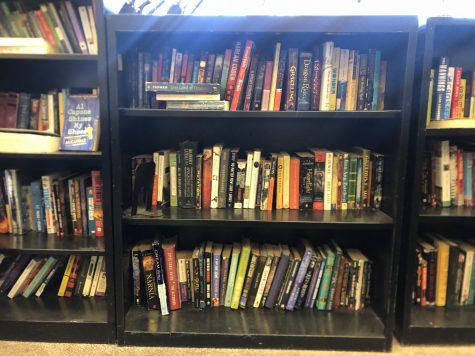
Modern literature in classrooms
Some, however, argue that these themes would be more effectively taught with books that weren’t as outdated and antiquated. This would allow students to empathize and relate more to the material, and subsequently, get more out of their reading.
“I would remove the House on Mango Street because I had a student who was a Latinx student who refused to read the book because she thought it was stereotypical of Latinx people and men in particular,” says Danielle Hubbard.
Students themselves reported having an easier time with more modern literature, finding it easier to understand and relate to, not only with the language but with the context the ideas are given.
“Classical literature is hard to understand because it’s so far back in time, so I prefer modern literature,” says Daniel Beckley (‘23).
I resonate with this-the language of books like The Curious Incident of the Dog in the Nighttime and I’ll Give you the Sun was easy to digest. The relevance of the time period and its proximity to my own life made modern books quick reads, easing my understanding of the novels. I found that I did better on literature tests on modern books.
“I don’t think I picked up The Tempest even once. I just read the SparkNotes online because those were the only things I could understand,” says an anonymous sophomore.
The problem lies right in front of us; the teachers have discretion in choosing what literature they teach but the students- those who are most impacted by the books- do not have a choice. Of course, seniors have a diverse list of English classes they can take, but everyone below these grades is mostly stuck with the same books. Perhaps if they chose literature that had them staying up late diving into them, then English teachers would have more engaged students.
“I absolutely believe that we need to give students relevant, current issues,” says Hubbard.
Still, some have their reservations. Although many would agree that there is good literature being written now, whether they will still be considered good years from now is an open question, so these works remain controversial.
“Are you investing in the thing that’s the best-written thing, or are you investing your time and your money to get those books because you have a political agenda that could change? says Brennan.
The incorporation of newer books into the curriculum has been rocky from the start. Even the ones that got enough support to be approved disappointed many students that read them.
“The modern literature that we read and that the teachers picked were not good. They’re kind of more boring than classic literature,” says Zoe Von Transehe (‘23).
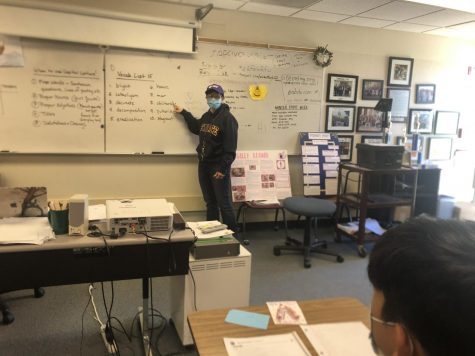
Is there a middle ground?
So what is the solution? As of right now, teachers get to cherry-pick what books they want to teach from year to year from a small pool of approved books that rarely gets updated. Although some are part of the core curriculum, all the others you read during the year are dependent on the kind of teacher you get, because ultimately they get to choose. For students to be excited about the reading and gain something from the ideas, it is worth investing in the students and their opinions, letting them vote on the books they read and on books they want to introduce to the curriculum. It will create a generation of kids who have new ideas and thoughts instead of cycling through old ones, trying to find something new to say about The Great Gatsby.
“I think that would be a fabulous idea,” says Hubbard.

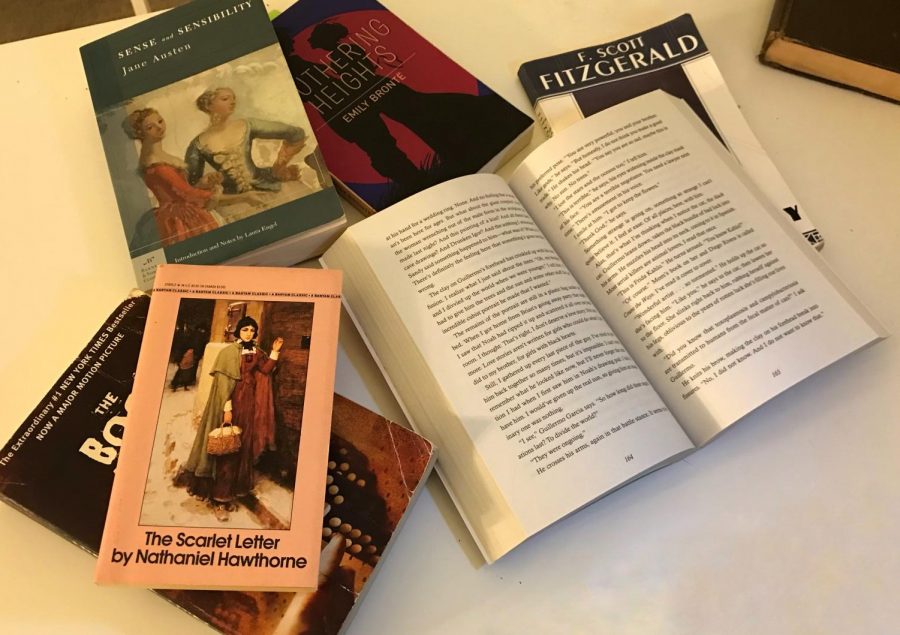


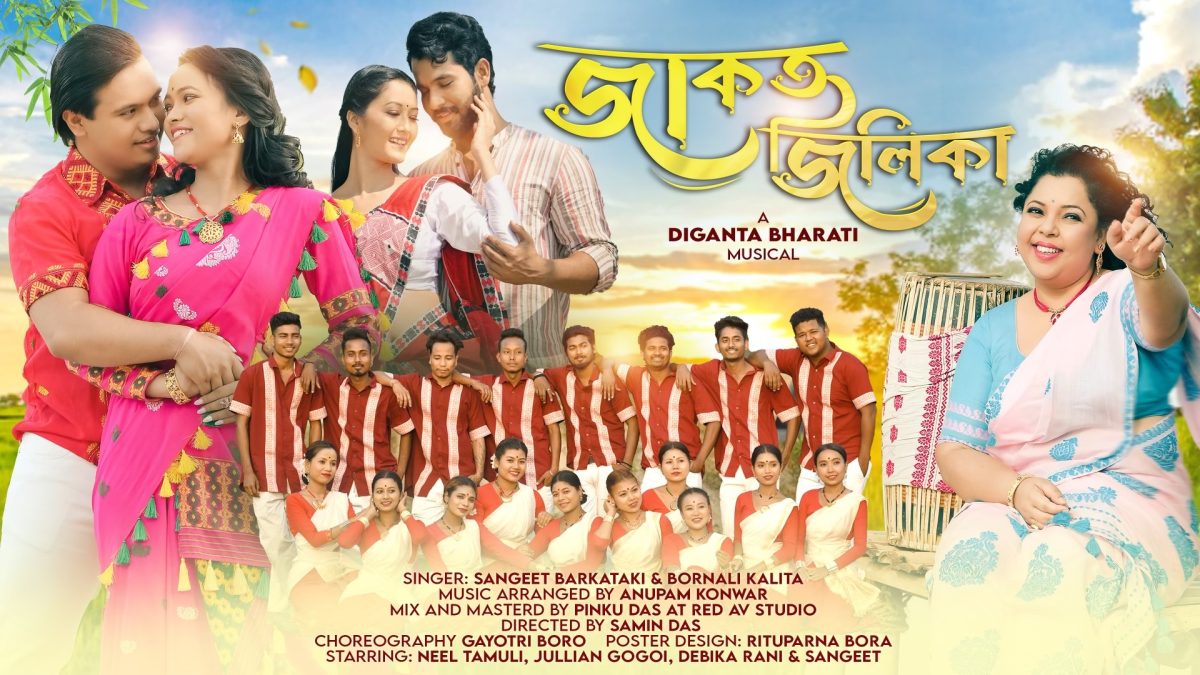

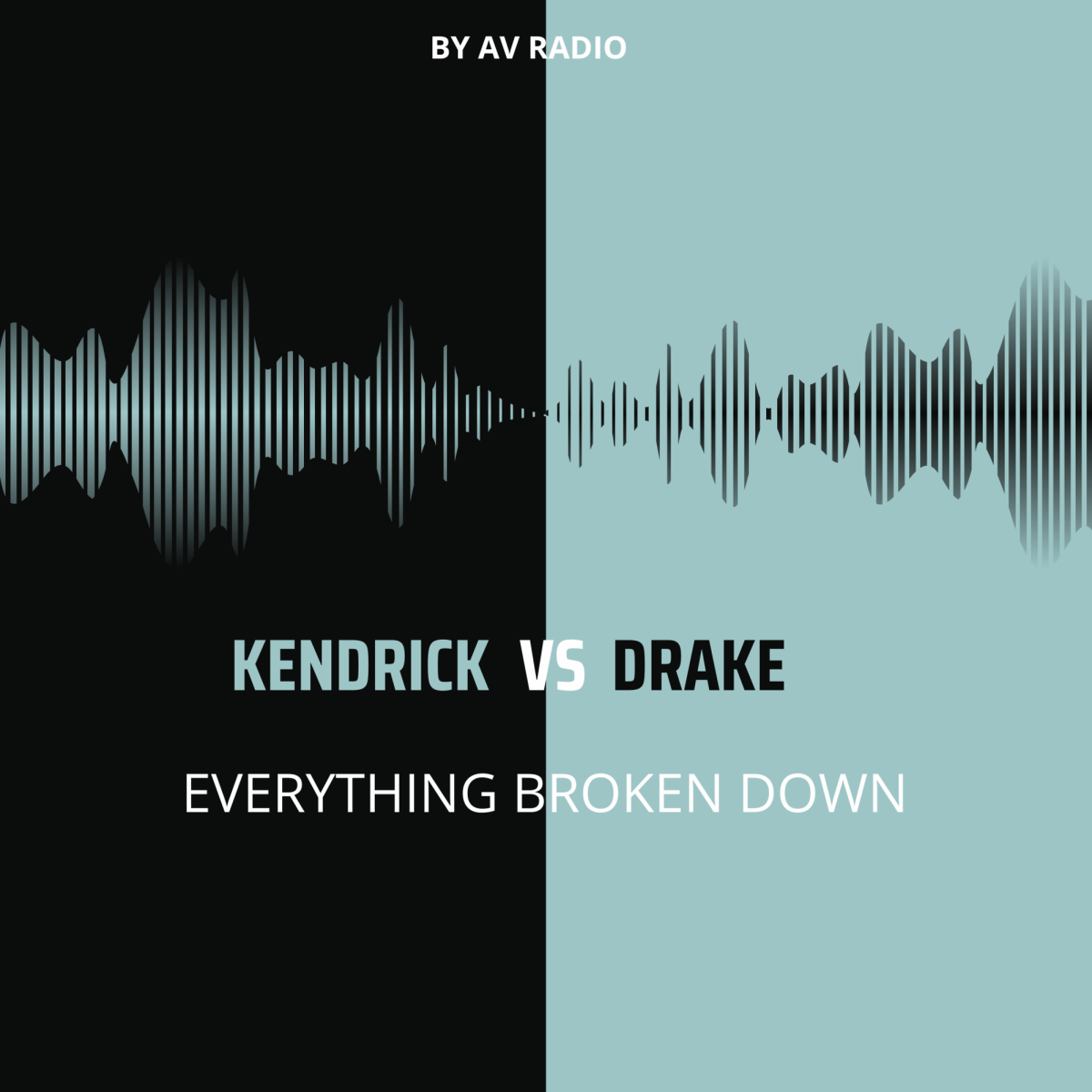


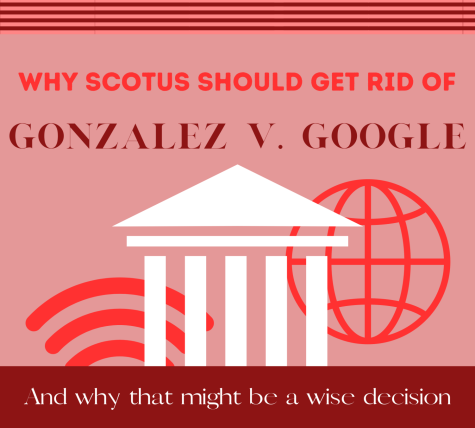



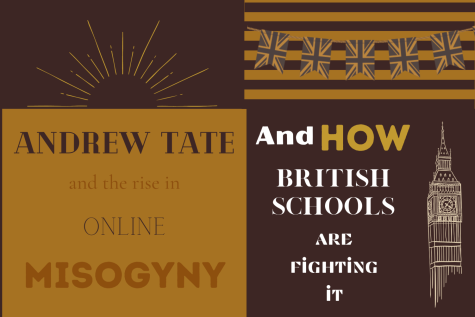


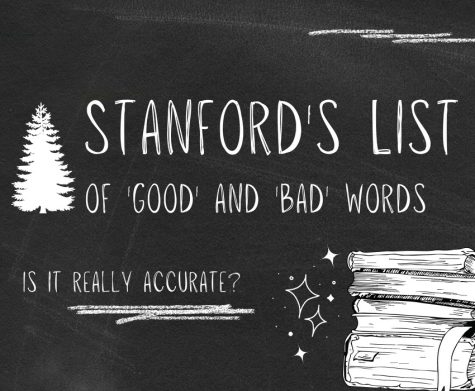
Craig • Jun 30, 2022 at 12:14 pm
How about no fictional literature whatsoever? It never put beans in my pot. I look back at my school days and kick myself for the time I wasted studying this stuff. For all that work, nobody ever asked to see my diploma so WTF?
Joe M • Oct 16, 2023 at 10:16 am
Ong frfr
Craig's Mother • Oct 16, 2023 at 10:18 am
I never was satisfied with your father